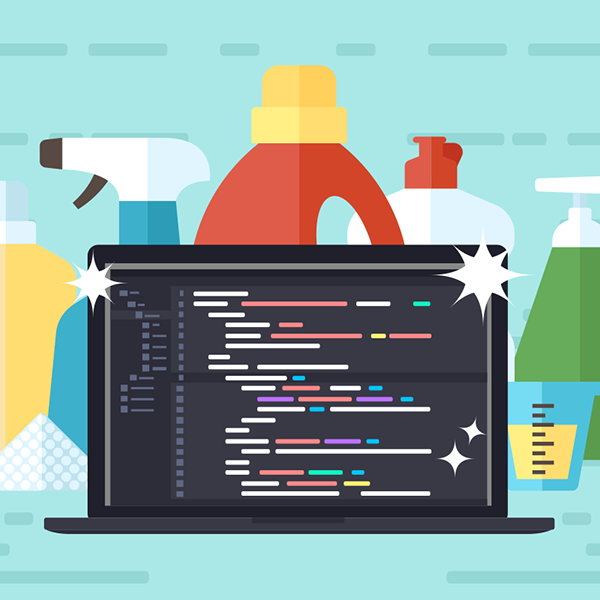
Code Quality
Anybody can write code, but few can write truly good code. Code quality is arguably the biggest differentiator when it comes the market value and impact of a software engineer.
Explore Interview QuestionsTaro 75Google Interview QuestionsMeta Interview QuestionsAmazon Interview QuestionsApple Interview QuestionsNetflix Interview Questions
Explore Interview ExperiencesOpenAI Interview ExperiencesAnthropic Interview ExperiencesPerplexity Interview ExperiencesWindsurf Interview ExperiencesMistral AI Interview Experiences